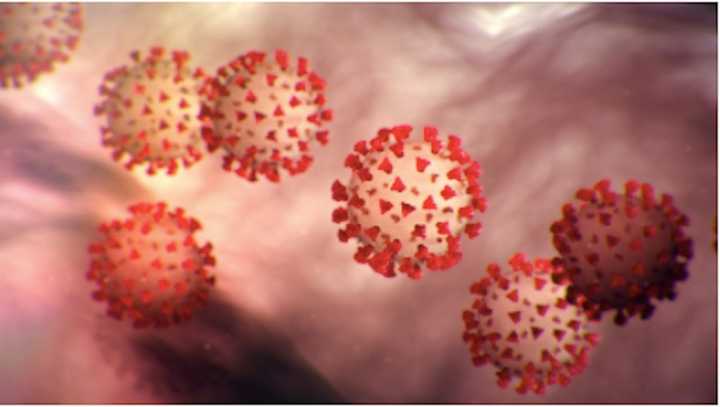Simply stated, when it comes to Omicron, it's all about the sheer numbers -- as in the number of mutations.
"The main thing that has us focused on this and has caused us to be sort of 24-7 on Zoom calls the last four days is that it has so many mutations," Dr. Francis Collins, director of the National Institutes of Health (NIH), said Sunday morning, Nov. 28 on CNN. "Omicron has more than 50 variants that make it different from the original virus, including more than 30 that are in the spike protein."
The spike proteins sit on the outside of the virus, enabling it to get inside a person's cells.
"The Omicron version of that, because of those changes, is going to have a different shape, and of course that is what the antibodies are directed against," Collins said on CNN. "So the question is, will the antibodies generated by the vaccines that we've all had or should have had enable us to be protected against this virus.
"I think there are good reasons to think it will probably be OK, but we need to know the real answers to that, and that's going to take two or three weeks."
One of the vaccine producers, Moderna, said in a statement on Friday, Nov. 26 that "the combination of mutations (in the Omicron variant) represents a significant potential risk to accelerate the waning of natural and vaccine-induced immunity."
Meanwhile, the Omicron variant, whose name comes from the 15th letter of the Greek alphabet, is spreading fast in Europe after the first case was identified by scientists in South Africa on Tuesday, Nov. 9.
More than a dozen people who arrived in the Netherlands from South Africa on Friday tested positive for the Omicron variant, Dutch health authorities said on Sunday.
In addition to South Africa and the Netherlands, the variant has been found so far in neighboring Botswana as well as Australia, Germany, Italy, the United Kingdom, Belgium, Denmark, Israel, the Czech Republic, and Hong Kong.
No cases of the new variant have been identified in the United States to date.
The Centers for Disease Control & Prevention (CDC) said in a statement that it is "continuously monitoring variants and the US variant surveillance system has reliably detected new variants in this country. We expect Omicron to be identified quickly, if it emerges in the US."
The World Health Organization (WHO) designated Omicron, originally identified as the B.1.1.529 strain, as a "variant of concern" in an emergency meeting on Friday.
Later in the day, President Joe Biden's administration announced that travel restrictions will go into effect on Monday, Nov. 29 covering South Africa, Botswana, Zimbabwe, Namibia, Lesotho, Eswatini, Mozambique and Malawi.
Click here to follow Daily Voice Kingston and receive free news updates.

